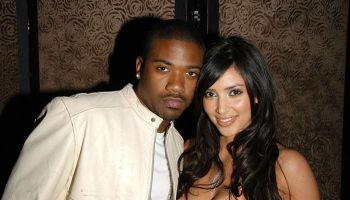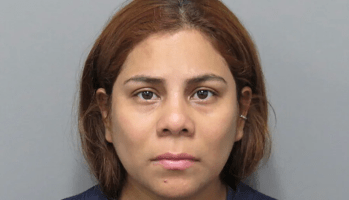For some clergy, it is the problem that dare not speak its name.
Affected pastors say they cannot be themselves among their congregations or colleagues, sometimes even with their own families.
It’s a huge and burdensome secret with the potential to destroy their careers, they say. They think they’re not the only ones, but feel terribly lonely.
No, it’s not some kind of sexual secret — it’s loss of faith.
Daniel C. Dennett, co-director of the Center for Cognitive Studies at Tufts University outside Boston, and Linda LaScola, a Washington-based clinical social worker, researcher and psychotherapist, are the authors of a recent study entitled “Preachers Who Are Not Believers” in the journal Evolutionary Psychology.
They used an admittedly tiny sample — just five pastors, all Protestants — of clergy who tell their congregations one thing, but secretly believe another.
“One of the things that was striking was how much like gays of the 1950s these pastors are,” Dennett said. “In most cases, Linda was the first person these pastors had ever discussed this with. They were very lonely.”
Dennett and LaScola state upfront that they themselves are not believers; indeed, Dennett is at the forefront of the “New Atheist” movement. His book, Breaking the Spell: Religion as a Natural Phenomenon, tried to explain the human search for the divine as a part of basic evolutionary survival.
Yet the two remain “sympathetic and fascinated” observers of faith, intrigued by the idea of active clergy who “don’t believe what many of their parishioners think they believe and think they ought to believe.”
The five respondents all have master’s-level seminary education; three were from liberal denominations and two were from more conservative, evangelical traditions.
Click here to continue reading.















